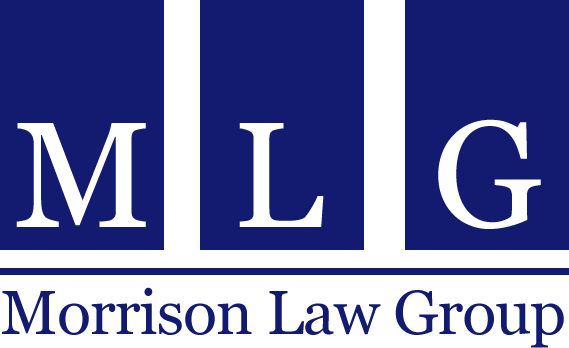The “Means Test” refers to the calculation of income that prospective bankruptcy debtors must make to determine whether they qualify to file a Chapter 7 Bankruptcy case. In most cases, a Chapter 7 bankruptcy case filing may be preferable since it lasts for four to five months while a Chapter 13 bankruptcy case lasts three to five years. Bankruptcy law’s definition of “income” for means test purposes is specialized and includes most sources of income with few exceptions. However, there are exceptions, what are they?
The period during which “income” is calculated for the means test the last six full months before the month of the day that the bankruptcy case is filed. For example, if a case is filed on May 15, 2021, no income received from May 1 through May 15 is included in the calculation. Income is therefore calculated for the period of November 1, 2020, through April 30, 2021.
Virtually all forms of money received or paid on a debtor’s behalf are included. The statute states that income from all sources that the debtor receives without regard to whether such income is taxable income is included. Also, any amount paid to any entity other than the debtor regularly for the household expenses or the debtor or the debtor’s dependents is included. However, this provision specifically excludes benefits received under the Social Security Act.
*To demonstrate the expansive definition of “income” for means test purposes, any sources of income, such as net gambling gains, trust income, litigation proceeds, and cash gifts must be included.
*All income from employment is included such as gross wages or salary, as well as any tips, overtime, shift differentials, and commissions, without subtracting taxes or other deductions.
*Any income during the 6-month period from the operation of a business, farm, or profession, as well as income from real estate based on gross receipts is also included in income. Debtors may subtract operating expenses of these operations to the extent that they are “ordinary and necessary” to such operations.
*Income from interest, dividends, royalties, stock, or other investments in which the dividends or other proceeds are automatically reinvested, must be included in income for means test purposes as dividends or other investment proceeds.
*Debtors must include all unemployment compensation, pension, and retirement income, other than Social Security payments including any non-Social Security governmental and private retirement income, as well as income from 401(k)s, and IRAs of any type, Roth or Traditional.
*Any amounts paid by any other person or entity regularly for household expenses must also be included as income for means test purposes.
**Social security disability benefits are not included as income for means test purposes, but private disability insurance benefits are included.
**Income tax refunds and any money received for the repayment of debt is not included as income.
One of the Morrison Law Group’s qualified and knowledgeable bankruptcy attorneys may answer any questions about filing a Chapter 13 bankruptcy case. Call 801.456.9933 today to schedule a FREE consultation. We have locations in Ogden, Logan, Sandy, Orem, and St. George to serve the residents of the counties of Weber, Cache, Salt Lake, Utah, Morgan, Davis, Washington, and surrounding areas.


